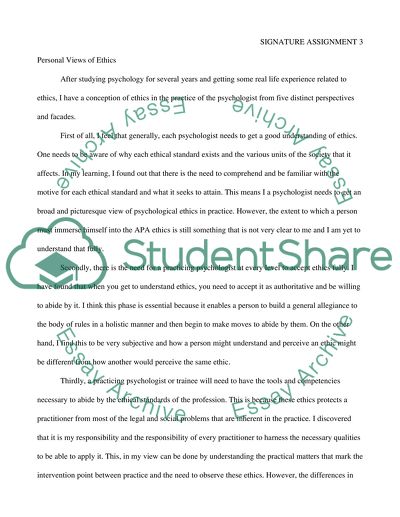Cite this document
(“Personal Views of Ethics Research Paper Example | Topics and Well Written Essays - 3750 words”, n.d.)
Retrieved de https://studentshare.org/psychology/1390321-personal-views-of-ethics
Retrieved de https://studentshare.org/psychology/1390321-personal-views-of-ethics
(Personal Views of Ethics Research Paper Example | Topics and Well Written Essays - 3750 Words)
https://studentshare.org/psychology/1390321-personal-views-of-ethics.
https://studentshare.org/psychology/1390321-personal-views-of-ethics.
“Personal Views of Ethics Research Paper Example | Topics and Well Written Essays - 3750 Words”, n.d. https://studentshare.org/psychology/1390321-personal-views-of-ethics.


